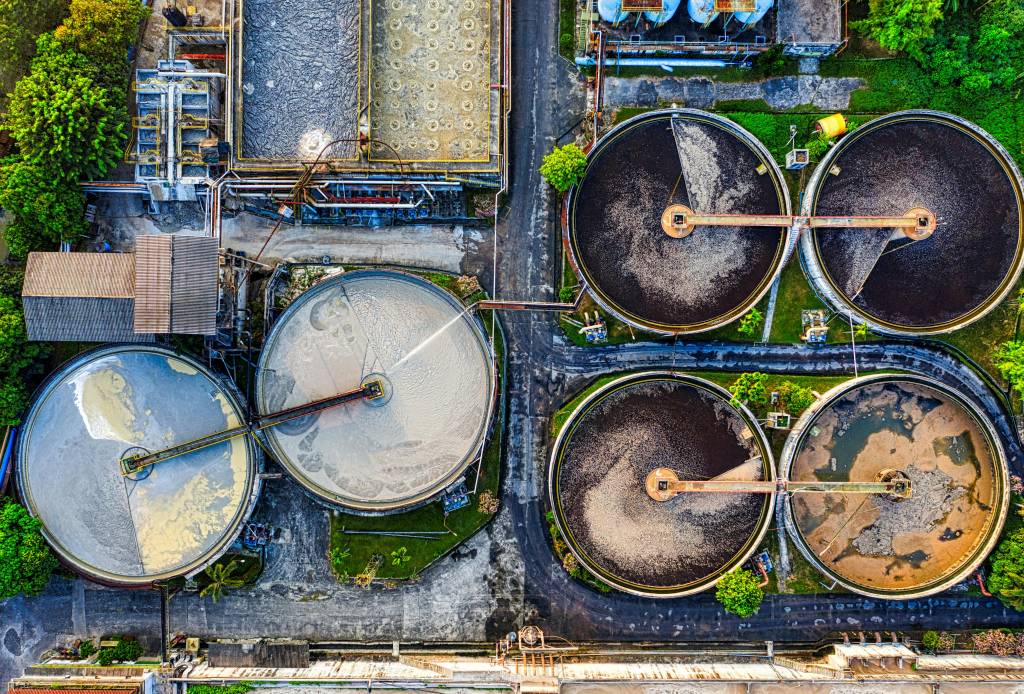Urban wastewater reuse has emerged as a vital strategy in addressing the increasing demand for water resources in urban areas. Factors such as rapid urbanization, climate change, and population growth have intensified the pressure on existing water supplies, making effective management of water resources a priority for city planners and policymakers globally. While the reuse of wastewater offers numerous benefits, including conservation of water resources and reducing the environmental impact of wastewater discharge, it also presents a range of challenges that must be addressed to ensure its successful implementation.
The Need for Urban Wastewater Reuse
The depletion of freshwater resources is a critical issue for many urban communities around the world. With growing populations and industrial activities concentrated in metropolitan areas, there is an urgent need to adopt sustainable water management practices. Reusing wastewater provides an alternative source of water, which can significantly reduce the demand on freshwater supplies. In addition, wastewater reuse can aid in reducing pollution levels in natural water bodies by minimizing the volume of waste discharged into the environment.
Technical Challenges
Implementing efficient urban wastewater reuse systems requires overcoming several technical hurdles. These challenges stem from the need to treat wastewater to a quality that is safe for its intended reuse while also being cost-effective and environmentally sustainable.
- Treatment Technologies: Advanced treatment processes are required to remove contaminants and ensure that the recycled water meets health and safety standards. Membrane filtration, reverse osmosis, and ultraviolet disinfection are examples of technologies that might be used. However, these technologies can be costly and energy-intensive, requiring significant investment and operational knowledge.
- Infrastructure: Existing urban infrastructure often does not support the segregated collection and transportation of wastewater, necessitating new pipelines and storage facilities. Retrofitting current systems or entirely new installations entail substantial financial costs and logistical planning.
Regulatory and Safety Concerns
Regulatory frameworks play a crucial role in managing the risks associated with wastewater reuse. These regulations are essential to ensure the safety and health of communities relying on recycled water.
- Health Risks: The potential presence of pathogens, pharmaceuticals, and chemical contaminants in treated wastewater must be carefully monitored and managed. Regulatory standards are continuously evolving to address these risks, requiring ongoing adaptation by local authorities and water treatment entities.
- Policy Development: Implementing a cohesive policy approach for wastewater reuse is often challenging due to the multitude of stakeholders involved, including government bodies, environmental organizations, and public health officials. Achieving consensus on quality standards, pricing, and distribution can present significant obstacles.
Public Perception and Acceptance
A key social challenge in promoting the reuse of wastewater is overcoming public perceptions and gaining widespread acceptance. Many people harbor concerns about the potential health risks and the "yuck factor" associated with using recycled water, especially for domestic purposes.
- Community Engagement: It is vital to engage with communities through education and outreach programs to inform them about the safety, benefits, and necessity of wastewater reuse. Demonstrating success stories and case studies from other regions can help in altering perceptions positively.
- Trust Building: Transparency in the treatment process and ongoing monitoring of water quality can build trust and confidence among consumers. Efforts to ensure that public input is considered in decision-making processes can also enhance acceptance.
Economic Considerations
The financial components of urban wastewater reuse present both opportunities and limitations. Economic viability is a critical consideration for stakeholders involved in the development and maintenance of reuse systems.
- Cost-Benefit Analysis: While the initial costs related to establishing treatment and distribution infrastructure can be high, the long-term benefits in terms of water savings and reduced environmental impact may justify the investment. Careful economic analysis is necessary to balance these factors.
- Pricing Models: Developing equitable pricing structures for recycled water can be challenging. Setting appropriate price points is essential to cover treatment costs while keeping the recycled water affordable for end-users, particularly in regions with economic constraints.
Future Directions
To overcome these challenges, a multifaceted approach is essential. Innovation in water treatment technologies continues to evolve, offering promising solutions to improve the efficiency and cost-effectiveness of water reuse practices. Additionally, strengthened partnerships among governmental bodies, private sector stakeholders, and international organizations can facilitate the sharing of knowledge and best practices.
Encouragingly, there is a global movement towards sustainable water management practices. As more cities adopt wastewater reuse strategies, it serves as a testament to the feasibility and necessity of innovative approaches in water reuse to meet the needs of burgeoning urban populations. Addressing the complex challenges associated with wastewater reuse will require ongoing commitment, collaboration, and innovation to ensure that this critical resource can be sustainably managed for generations to come.
